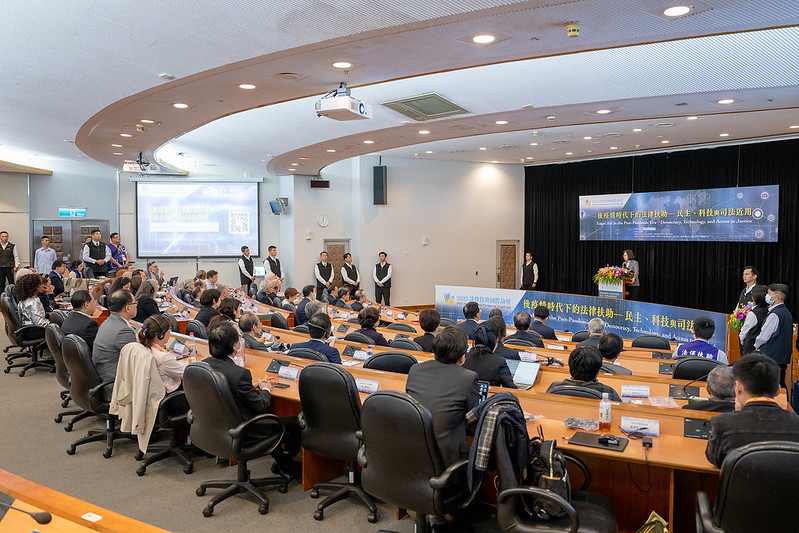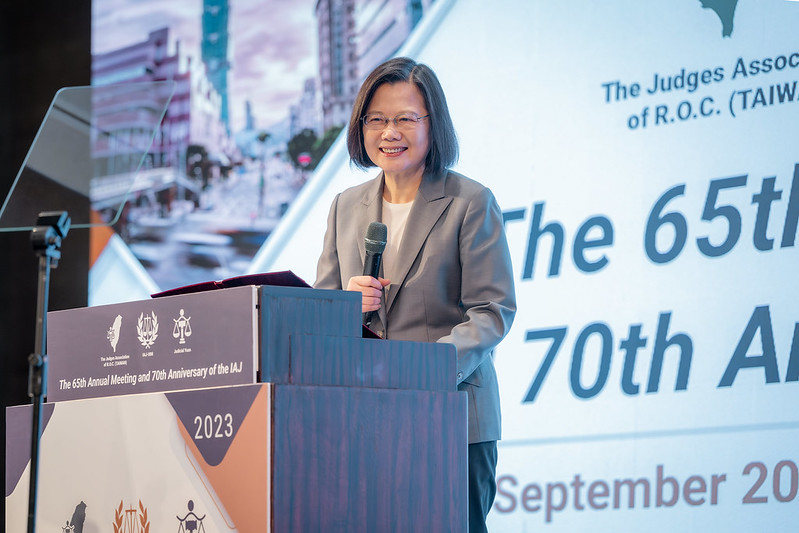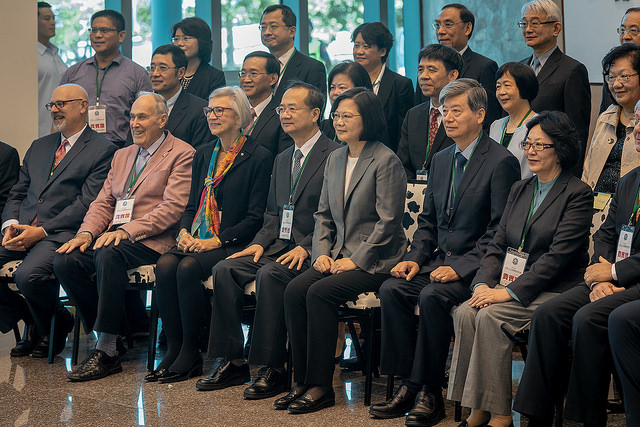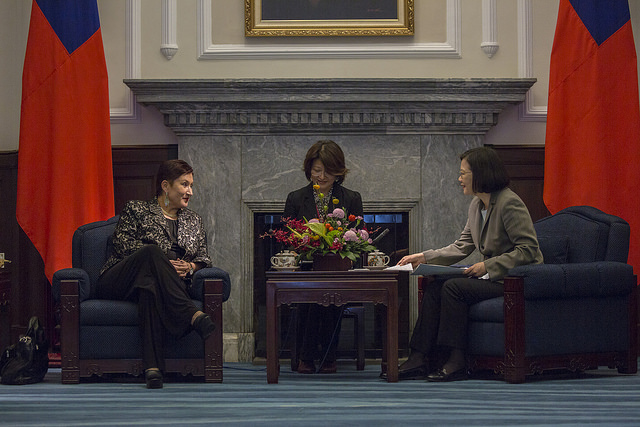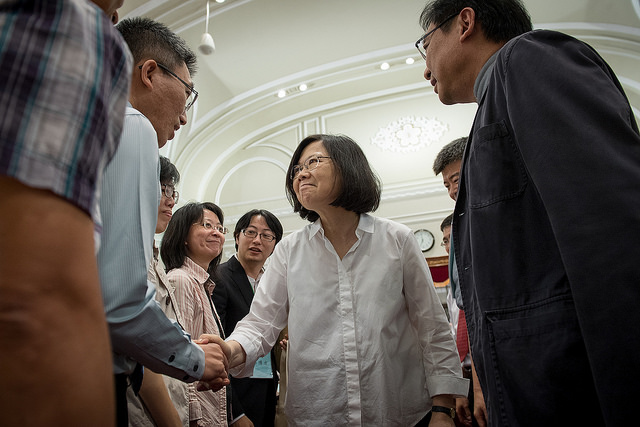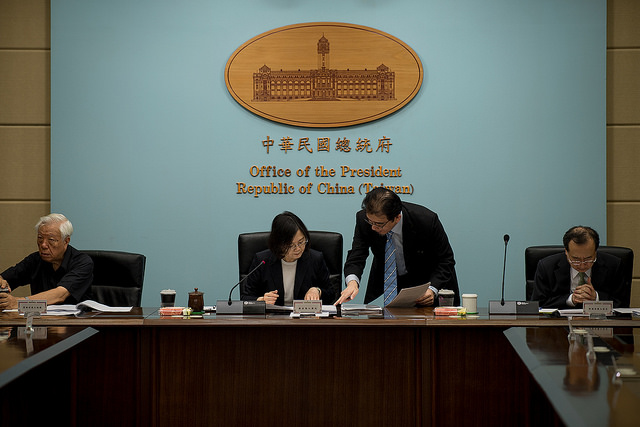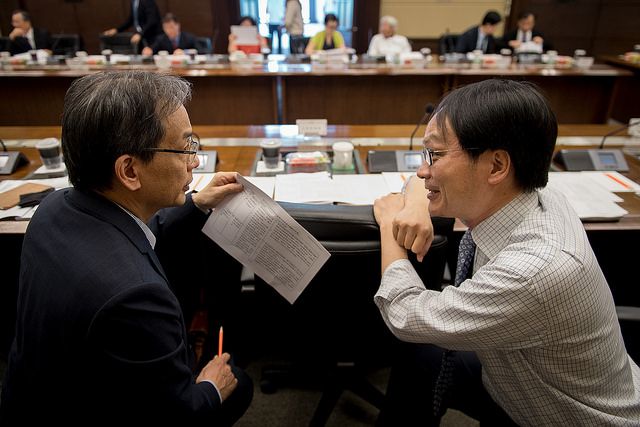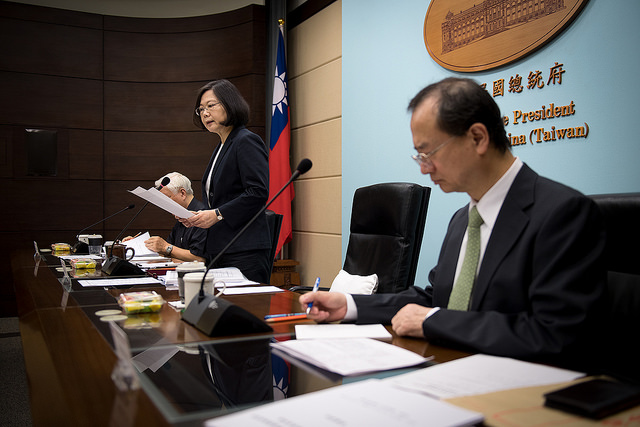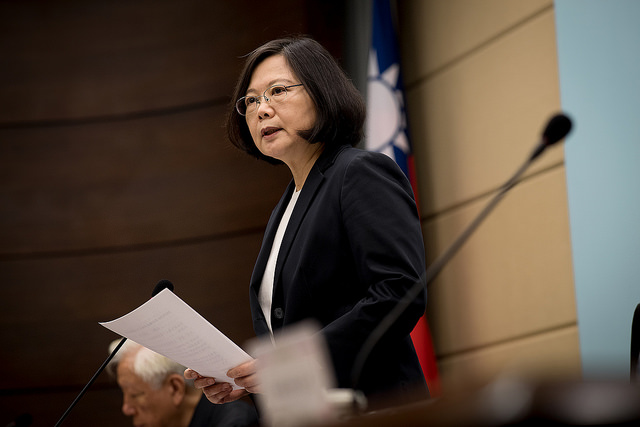News & activities
 News releases
News releases
On the morning of July 10, President Tsai Ing-wen presided over the sixth meeting of the Presidential Office Preparatory Committee for the National Conference on Judicial Reform. She stressed that judicial reform must proceed from the perspective of everyday people, the results of reform discussions must be presented in language that is readily understood by the general public, and the direction of reform must meet the public's expectations.
The following is a translation of President Tsai's remarks:
Allow me to start by offering my sincere thanks.
Since November of last year, you have all spent a lot of time making preparations. You've held 40 subcommittee meetings, engaged in very thorough discussions of judicial reform, and put forward many solid and detailed suggestions .
Your dedication and achievements have brought us to this point, and based on your valuable suggestions, we were able to refine our focus and identify the core issues of judicial reform.
At today's meeting, we will be focusing on the core issues that have been identified.
Why does judicial reform require focus? Because boosting public confidence in the judicial system requires that we ensure our proposed countermeasures will address the public's needs and perceptions, and are clear and easy to understand.
I keep emphasizing that judicial reform must proceed from the perspective of everyday people, and the results of the discussions must be presented in language that is readily understood by the general public. If we don't communicate well with the public about judicial reform, maybe we'll gain a few points as experts, but lose points for our communication skills. That would be a waste of your efforts.
And the direction of reform must meet public expectations. There are some key issues that cannot be avoided. First, court proceedings must be transparent, and court decisions must be written so that ordinary people can read them . Second, we must reform the mechanism for the appointment and replacement of judges and prosecutors. Third, we must create a professional and impartial judicial system. And fourth, we must establish a system by which the public can participate in court trials. With respect to these key points, we hope that the proper agencies will put forward concrete reform proposals. Moreover, there has to be a clear-cut timetable for reform.
On the basis of these principles and the results of subcommittee discussions, our staff have designed an overall framework and identified the relevant issues. The most important task at today's meeting is to discuss the resulting documents. These documents will serve as the basis for discussions at the committee's final meeting .
Judicial reform is complex and multi-faceted, but we are moving forward one step at a time, and gradually approaching our reform ideal, which is to craft a judicial system that the people can depend on.
Once again, I thank everyone in the committee for your hard work and perseverance. Let's get the meeting underway. Thank you!
